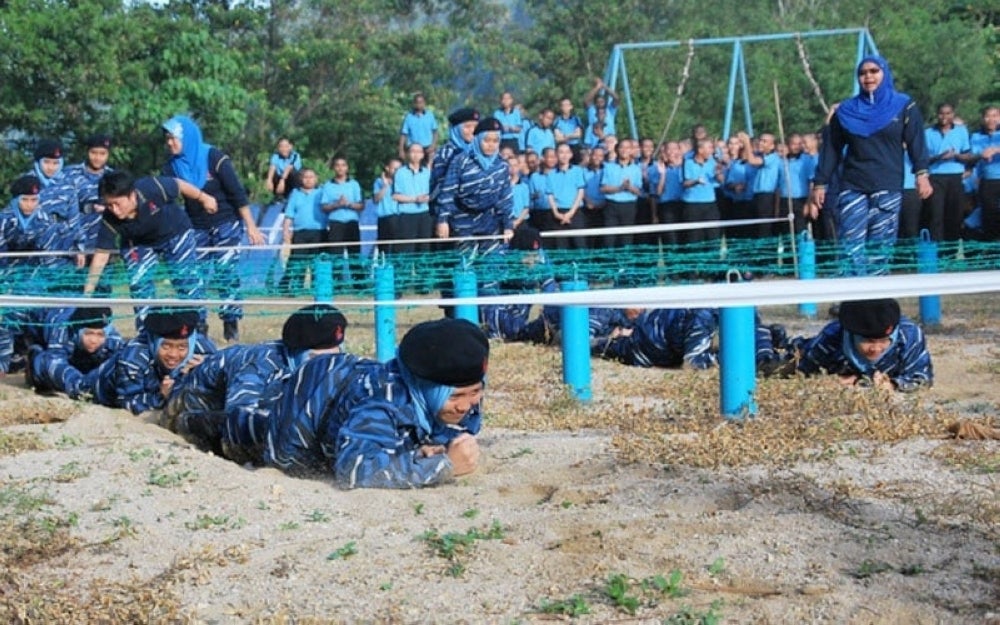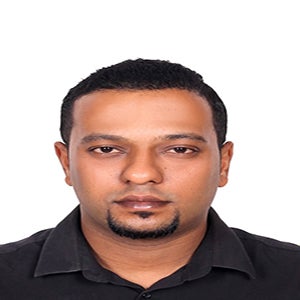Experts voice support for PLKN 3.0, advocating for physical activities, character building

SHAH ALAM - Political analyst Professor Datuk Dr P. Sivamurugan and former MIC Youth chief Senator Datuk Sivarraajh Chandran expressed their support for the National Service Training Programme 3.0 (PLKN 3.0) programme, highlighting its potential benefits for youth development and character building.
Sivamurugan stressed the importance of physical fitness and mental resilience, citing examples from countries like Singapore and South Korea that implement military training methods.
He suggested that PLKN 3.0 could provide a similar opportunity for Malaysian youths to develop a sense of belonging and responsibility.
"If you ask me, those who are interested, it is a chance to build character," Professor Sivamurugan said in the Sana Sini podcast aired recently.
He advocated for a flexible approach, allowing for continuous evaluation and improvement of the programme's structure and duration.
Sivarraajh drew comparisons between the past and present PLKN experiences, noting the shift towards a more military-style approach in PLKN 3.0.
He commended this change, believing it would instill greater discipline and rigor among participants.
"There is a difference between previous PLKN-goers and those who skipped or those who didn't get nominated," he said.
He acknowledged the luxurious facilities provided in the past but expressed support for the more austere conditions of PLKN 3.0.
Sivarraajh also advocated for providing opportunities for volunteers who wished to join the programme.
He recounted his own experiences with a similar training programme called 'Kem Survival' organised by a military organisation in Melaka, highlighting the personal growth and self-awareness he gained from the experience.
"I wish I had this kind of training during my time," Sivarraajh said.
He drew an analogy to the changing attitudes of parents towards their children's engagement in physical activities, suggesting that PLKN 3.0 could serve as a structured environment for youths to develop discipline and character.
"Just look at how youth use their free time these days," Sivarraajh cautioned.
He cited an example of a food vendor, 'Akka Nasi Lemak,' who faced harassment and arguments at her stall.
He suggested that PLKN 3.0 could provide a positive outlet for youths to channel their energy and build constructive character traits.
Both Sivamurugan and Sivarraajh expressed their support for PLKN 3.0, recognising its potential to foster physical fitness, mental resilience and character development among Malaysian youths.
They encouraged flexibility and continuous improvement in the program's implementation to ensure it effectively addresses the needs and aspirations of future generations.
PLKN 3.0, originally introduced in December 2003 and subsequently abolished on August 13, 2018, caused a significant uproar when plans for its revival were announced.
It's worth noting that the decision to abolish PLKN and the State Affairs Bureau (BTN) was made due to their misuse of ideological indoctrination and the substantial annual cost of RM700 million.
On Oct 31, Defence Minister Datuk Seri Mohamad Hasan was reported to have said that PLKN 3.0 would be carried out in two phases.
In Phase 1, Form Four students will undergo training based on the Education's Curriculum Ministry, which includes co-curricular syllabi such as police cadets, fire brigades, and scouts.
Meanwhile, Form Five students who were exempted from Phase 1 training to allow them to prepare for the Malaysian Certificate of Education (SPM) examination will join Phase 2 at an existing Territorial Army training camp.
Download Sinar Daily application.Click Here!















